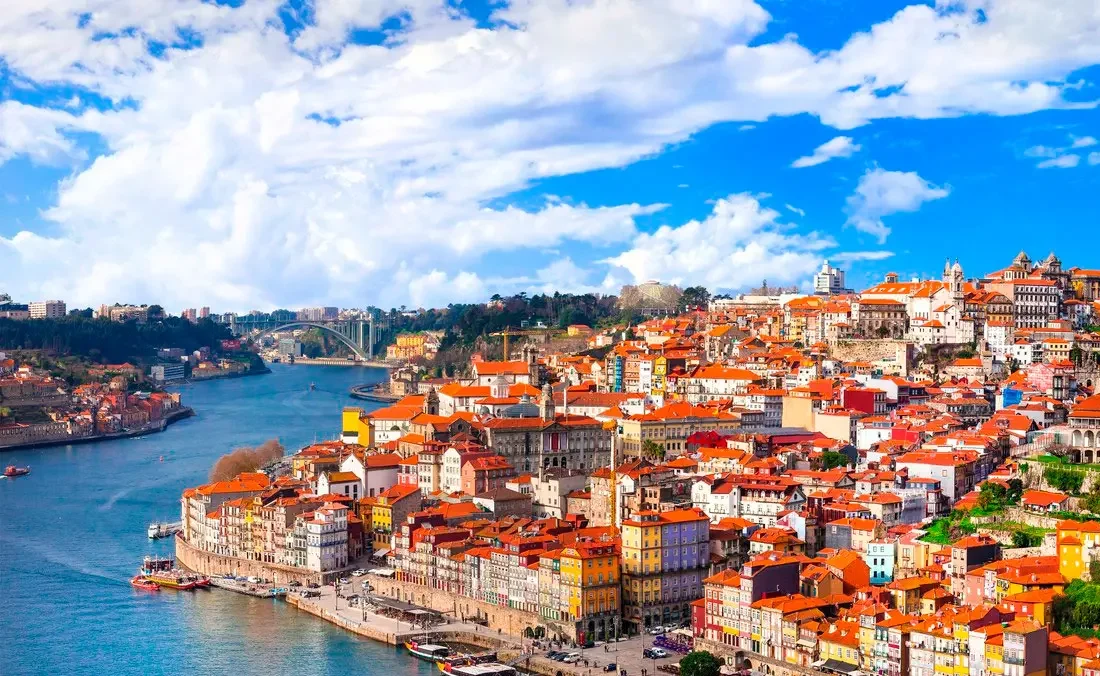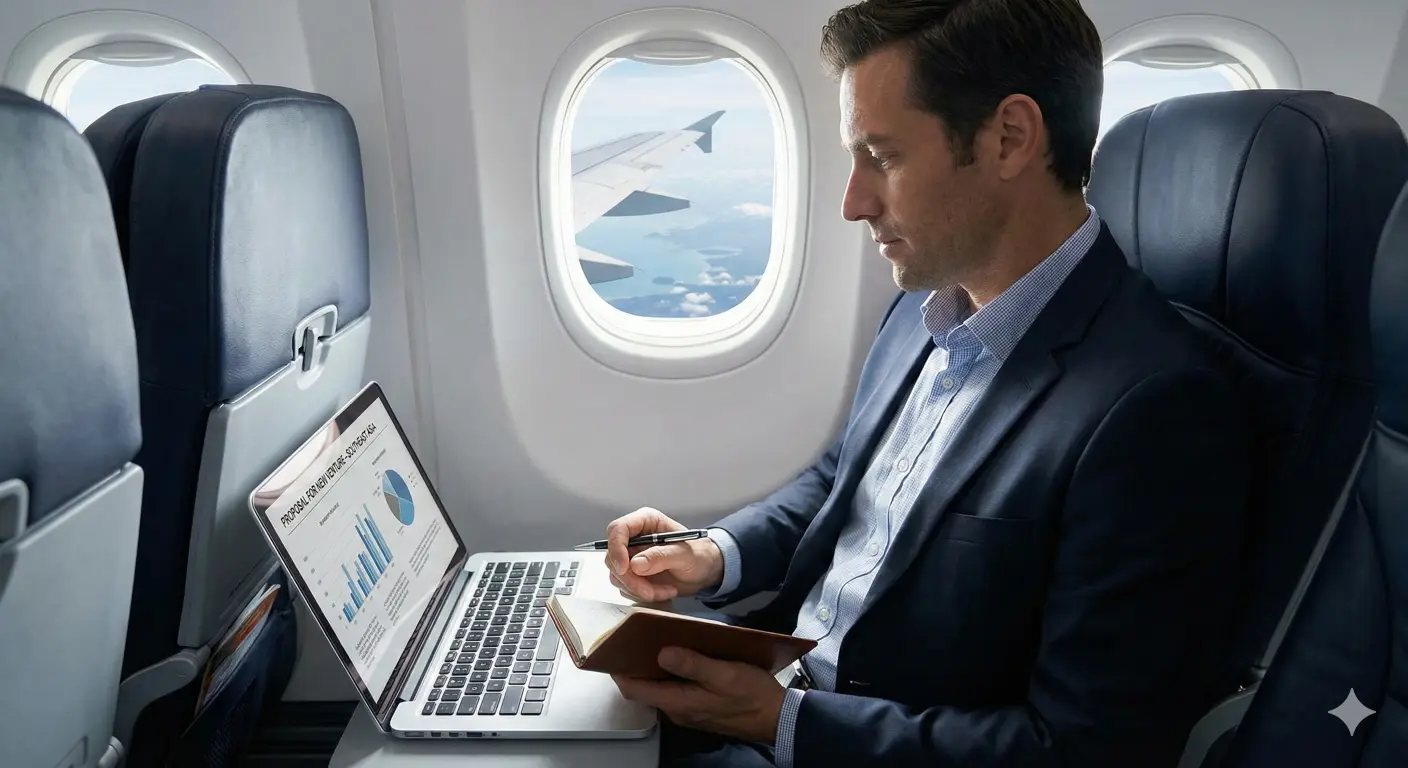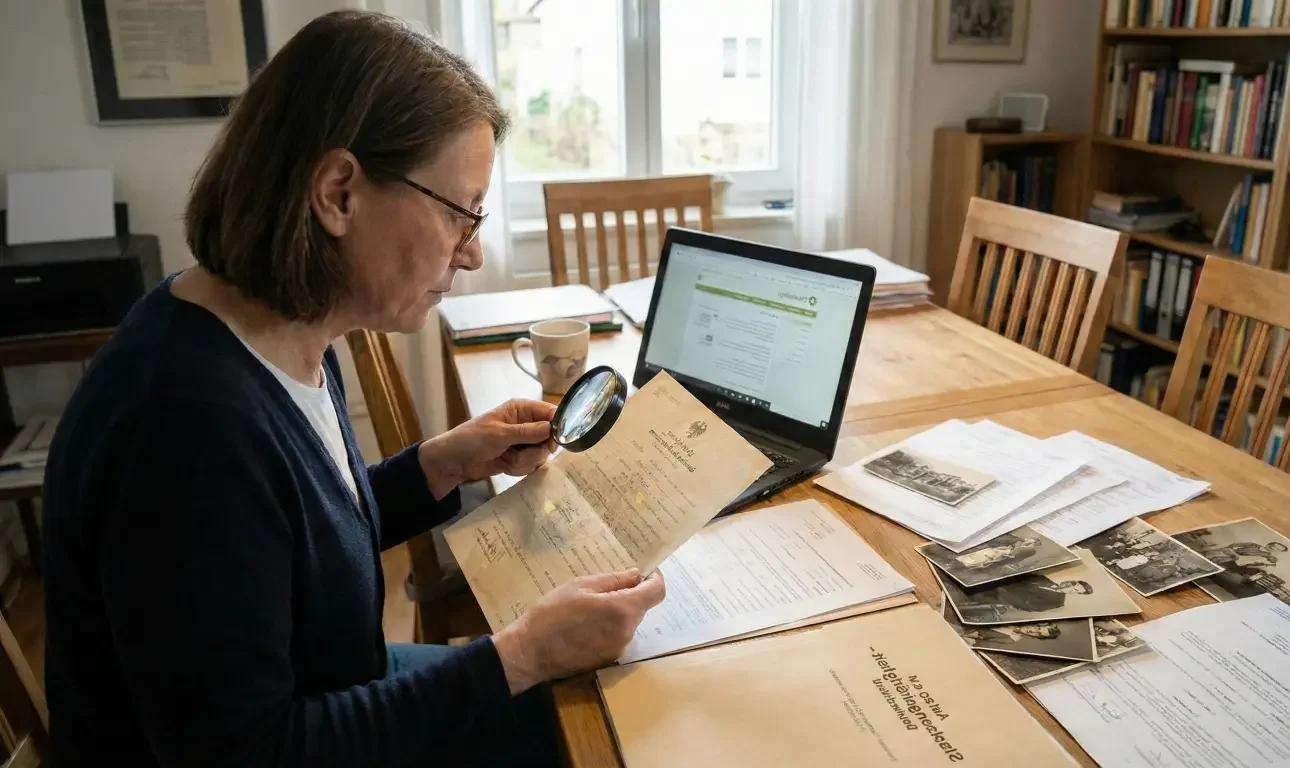Portugal’s D7 Visa vs Digital Nomad Visa
If you’ve ever dreamt of living in Europe, surrounded by stunning landscapes, rich history, and a laid-back lifestyle, Portugal might be the perfect destination. Thanks to its welcoming visa programs, this dream has become a reality for many. Two of the most popular visas that can get you started on this journey are the D7 Visa and the Digital Nomad Visa. Both options provide unique opportunities, but they cater to different types of people and income sources. In this guide, we’ll dive deep into these visas, explore their key differences, and help you decide which one best suits your lifestyle. Whether you have a steady passive income or you work remotely, Portugal is ready to welcome you.
What is the Portugal D7 Visa?
The Portugal D7 Visa is a type of residence permit aimed at individuals who have a stable passive income. Passive income refers to earnings that continue to come in without the need for active involvement, such as pensions, rental income, or investments. The D7 Visa gives you the chance to make Portugal your long-term home without the need for traditional employment.
Who Can Apply for the D7 Visa?
The D7 Visa is ideal for people from outside the European Union (EU), the European Economic Area (EEA), or Switzerland who want to relocate to Portugal. If you have a stable passive income and can support yourself and your dependents, this visa could be for you. Common applicants include retirees, people with income from rental properties, or individuals who earn regular returns from investments.
Financial Requirements
One of the most crucial aspects of applying for the D7 Visa is demonstrating your passive income. To qualify, you must have a steady income that is at least equivalent to Portugal’s minimum wage, which is €9,870 per year for a single applicant. If you’re bringing family members, the requirements increase as follows:
- Spouse: Additional 50% of the minimum wage (around €4,935 per year).
- Each Child: Additional 30% of the minimum wage (around €2,961 per year).
For example, if you are a married individual with two children, you’d need to prove an income of €20,727 per year.
Application Process
The process of applying for a D7 Visa involves the following steps:
- Gathering Documentation: You will need to provide a valid passport, proof of passive income (such as pension statements or rental contracts), and evidence of health insurance in Portugal. You will also need to obtain a Portuguese tax number (NIF).
- Applying at the Portuguese Consulate: The next step is to apply through a Portuguese consulate or embassy where you currently reside. The entire process takes about 3-6 months, and you may need to attend an interview.
- Appointment with Immigration Office (SEF): Once you arrive in Portugal, you have 90 days to schedule an appointment with AIMA (Portugal’s immigration office) to receive your residence permit.
Benefits of the D7 Visa
The D7 Visa offers numerous benefits for those seeking long-term residence:
- Path to Permanent Residency: After five years of maintaining a residence permit, you can apply for permanent residence in Portugal.
- Access to Public Services: With a D7 Visa, you gain access to Portugal’s public healthcare and education systems.
- Freedom of Movement: You can travel freely within the Schengen Area, allowing you to explore 26 European countries for up to 90 days every 180 days.
The D7 Visa is perfect if you have sufficient passive income and want to establish a home in a welcoming European country with great quality of life.
What is the Portugal Digital Nomad Visa?
The Portugal Digital Nomad Visa is a newer visa type, introduced in October 2022, to cater to people who work remotely or freelance for companies outside of Portugal. As remote work continues to grow, this visa offers an excellent opportunity for freelancers and digital nomads to experience life in Portugal while staying connected to their work.
Who Can Apply for the Digital Nomad Visa?
Similar to the D7 Visa, the Digital Nomad Visa is for non-EU, non-EEA, and non-Swiss nationals. If you are employed remotely or freelance for clients and companies outside of Portugal, you could qualify. This includes a wide range of professions, from digital marketers and web developers to graphic designers and writers.
Financial Requirements
To qualify for a Digital Nomad Visa, you need to demonstrate an income of at least €2,800 per month, which is roughly four times Portugal’s minimum wage. You’ll need to provide proof of your income, such as contracts, pay stubs, or bank statements. Additionally, it may be helpful to show that you have adequate savings to support yourself during your stay in Portugal.
Application Process
The application process for the Digital Nomad Visa is similar to the D7 Visa:
- Gathering Documents: You will need a valid passport, proof of income (contracts, pay stubs), private health insurance, proof of accommodation in Portugal, a criminal background check, and a Portuguese tax number (NIF).
- Submit Application: The application is submitted at a Portuguese embassy or consulate, taking 3-6 months to process.
- Immigration Office Appointment: Once in Portugal, you must schedule an appointment with AIMA within 90 days to get your residence permit.
Benefits of the Digital Nomad Visa
The Digital Nomad Visa provides a temporary residence permit for one year, which can be renewed for up to five years. Here are some key benefits:
- Live and Work in Portugal: This visa allows you to live in Portugal while continuing to work remotely, offering flexibility without the need to make an immediate long-term commitment.
- Path to Permanent Residence: Like the D7 Visa, this visa allows you to apply for permanent residence after five years of legal residency.
- Experience the Culture: Portugal’s pleasant weather, rich culture, and welcoming people make it a wonderful place for digital nomads to experience.
Comparing the D7 Visa and Digital Nomad Visa
Both visas allow individuals to live in Portugal, but they cater to different income types and provide different pathways for making Portugal your home. Let’s break down the major distinctions between the D7 Visa and the Digital Nomad Visa.
| Feature | D7 Visa | Digital Nomad Visa |
|---|---|---|
| Income Type | Passive income (pensions, rental income) | Active income from remote work/freelancing |
| Financial Requirement | €9,870 per year (minimum wage) | €2,800 per month |
| Work Requirement | No active work needed in Portugal | Active work required (remote) |
| Initial Validity | 1 year, renewable for 2 years at a time | 1 year, renewable up to 5 years |
| Permanent Residency | Eligible after 5 years | Eligible after 5 years |
Taxation Advantages
Both the D7 Visa and the Digital Nomad Visa benefit from Portugal’s Non-Habitual Resident (NHR) program, which offers attractive tax rates:
- D7 Visa Holders: The NHR program allows passive income, such as pensions and foreign investments, to be taxed at reduced or even zero rates for up to 10 years.
- Digital Nomad Visa Holders: Income earned from high-value activities may be eligible for a 20% flat tax rate, potentially saving significant amounts compared to the tax rates of other countries.
Pros and Cons of Living in Portugal with a D7 or Digital Nomad Visa
D7 Visa: Pros and Cons
Pros:
- Low Income Threshold: The D7 Visa’s income requirement is much lower, making it more accessible for retirees or those with limited passive income.
- Healthcare Access: You gain access to the public healthcare system, which is both efficient and cost-effective.
Cons:
- Income Restrictions: The D7 Visa is focused solely on passive income. If you want to continue actively working while living in Portugal, this visa may not be suitable.
Digital Nomad Visa: Pros and Cons
Pros:
- Flexibility: The Digital Nomad Visa allows you to continue working remotely, making it a great choice if you have an active career.
- Networking Opportunities: Portugal is a hub for digital nomads, providing excellent opportunities to network with other remote workers.
Cons:
- Higher Income Requirements: The required income level is significantly higher, which might be challenging for some remote workers.
Path to Permanent Residency and Citizenship
Both the D7 Visa and the Digital Nomad Visa pave the way to permanent residency and Portuguese citizenship. After five years of holding a valid residence permit and meeting other eligibility requirements, such as having basic Portuguese language skills and maintaining a clean criminal record, you can apply for permanent residence or citizenship.
Portugal values integration into its society, so demonstrating ties with the local community, owning property, and participating in civic or cultural activities can all work in your favor during the application process.
Choosing Between the D7 and Digital Nomad Visas: Which One is Right for You?
When deciding between the D7 Visa and the Digital Nomad Visa, the decision ultimately depends on your income source and personal goals:
- If you have passive income from pensions or investments and wish to retire or enjoy a relaxed lifestyle in Portugal without needing to work, the D7 Visa is likely the best choice for you.
- If you are a freelancer or remote worker with an active income source, the Digital Nomad Visa offers the flexibility to live in Portugal while continuing your career.
Factors to Consider:
- Income Type: Passive income vs. active work.
- Long-Term Goals: Are you planning on eventually settling in Portugal permanently?
- Financial Resources: The D7 Visa requires less income, which might make it easier for those on a tighter budget.
3A Immigration Services Can Make Your Portugal Move Easy!
Moving to a new country is an exciting but challenging journey. Let 3A Immigration Services help you every step of the way! Our team of experienced immigration consultants specializes in Portuguese visa applications, including Portugal’s D7 Visa and the Digital Nomad Visa. From gathering the right documents to navigating the application process, we are here to make your transition to Portugal smooth and stress-free. Start your adventure today with our expert support!
Conclusion
Portugal offers an inviting lifestyle for anyone seeking warmth, beauty, and rich culture. Whether you have passive income and want to retire under the Portuguese sun or you’re a digital nomad looking to continue working while soaking up new experiences, there’s a visa option for you.
The D7 Visa caters to those with passive income, while the Digital Nomad Visa is perfect for those who work remotely. Both visas allow you to experience all that Portugal has to offer, from delicious food and vibrant festivals to top-tier healthcare and the potential to gain permanent residency or even Portuguese citizenship.
Take the leap, embrace the adventure, and find out why so many people are falling in love with Portugal—one of the best places to live and work in Europe.
- How to Apply for Portugal’s D7 Visa
- A Guide to Portugal’s Digital Nomad Visa
- Living in Portugal: Benefits of the D7 Visa
- Tax Benefits for Portugal Visa Holders
- The Best Places to Live in Portugal for Digital Nomads





